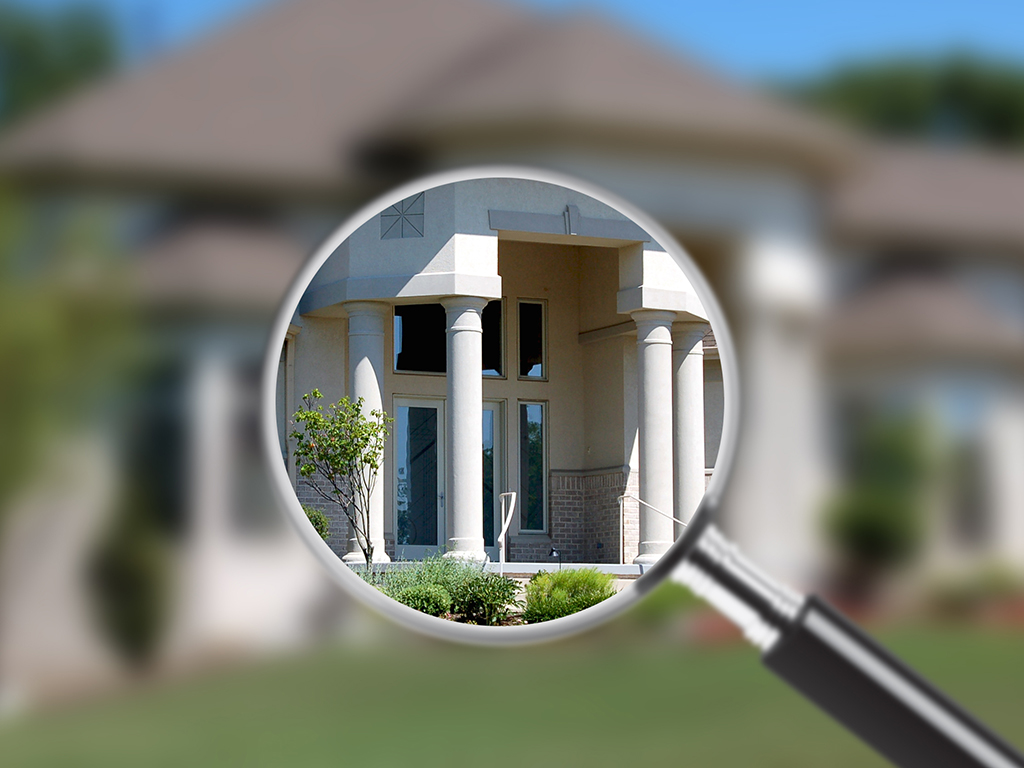
Homeowners often strive to increase the value of their homes. However, the reality is that the home’s value depends highly on what buyers are willing to pay because there isn’t a one-price-fits-all. No buyer is the same, and each of them will value your home differently based on different factors.
In this article, we’ll talk about three factors that will affect your home’s value:
1. Size
Size is an essential factor when it comes to determining your house’s value. Generally, the bigger your home, the higher it’s valued, although this can still vary greatly depending on the buyer. Do note that rooms like garages, attics, and unfinished spaces will not count to the overall size of your home. You only take into account usable space—space that you can live in. Living spaces such as bedrooms and bathrooms are usually the most valued areas of the home, so the more you have of those spaces, the more your home will be worth it.
Regarding size, your home’s value will be calculated as price per foot, meaning that the total cost of your house will be divided by the total square footage. If your home has a usable space of 1,000 square feet and is selling for $100,000, you’ll get a house that costs $100 per square foot. This, to some buyers, can be a considerable bargain, while others may consider this as a steep price.
2. Place
You may have chosen your home because of its ideal location—close to your workplace, mall, school, and others alike. However, don’t assume that it will be the same when buyers come looking for a property to purchase.
If you’ve hired an appraiser to value your home, they will base it on these three determinants: nearby job opportunities, quality of education offered in local schools, and the distance between home and commercial centers. This is the reason why some properties, although similar in features, will have vastly different prices. In other words, the location of your home can be more important than the house itself.
3. Competition
One of the greatest influences on your home’s value is the prices of nearby, similar houses. These comparable homes will help you and real estate professionals, determine the value of your home.
When deciding which homes to pick to compare your house against, look at these four determinants: distance, location, the similarity of features, and how recent were the properties sold. Regarding distance, you’d want to pick homes as near to yours as possible, as homes outside your division will have different regulations, commercial centers, others. Regarding location, it is hard to find another property that is in the exact same location with the same environment as yours. Fortunately, you can run hundreds of properties online against yours, providing you with information relevant to value your home. As for features and recency, look for homes that share similar traits with yours and are recently sold. This can give you a solid baseline of your home’s value.
Conclusion:
There is no one set price you can choose. Because of this, you must always adapt your price according to your buyer’s preferences and surroundings. Remember, be flexible and understanding, and it would probably be better that you sold your house for slightly lower than setting a higher price and not selling it at all.
If you’re looking for a Real Estate Agent in Windsor, get in touch with us today! We’re happy to help find the perfect property for you.








